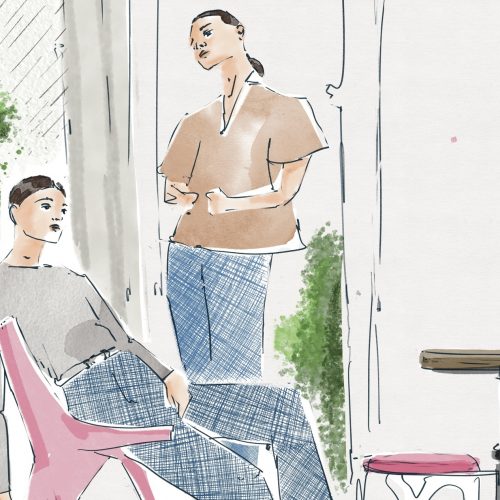Should We Travel After A Natural Disaster?
Our holiday destination recently suffered from a natural disaster. Should we postpone our trip? How much time should we wait? After a natural disaster, it is challenging to know when it is too soon to visit. Are we helping or hindering the recovery of the location? Here we explain what to do and when to do it.
To receive the Luxiders newsletter, sign up here.
In August, devastating wildfires hit Maui, causing significant loss and destruction. The Department of Business, Economic Development, and Tourism reported that the wildfires claimed 115 lives and destroyed over 2,000 homes, impacting around 800 business establishments and roughly 7,000 employees. By October, West Maui had gradually reopened to visitors, eliciting mixed reactions. Some residents, still grappling with loss and displacement, expressed anger, while others recognized the necessity of reviving the tourism-dependent economy. Earlier the same year, Morocco, Turkey, and Syria experienced devastating earthquakes, resulting in the loss of thousands of lives. As empathetic and responsible tourists, we desire to assist, but the question remains: Should we visit now or wait a bit longer?
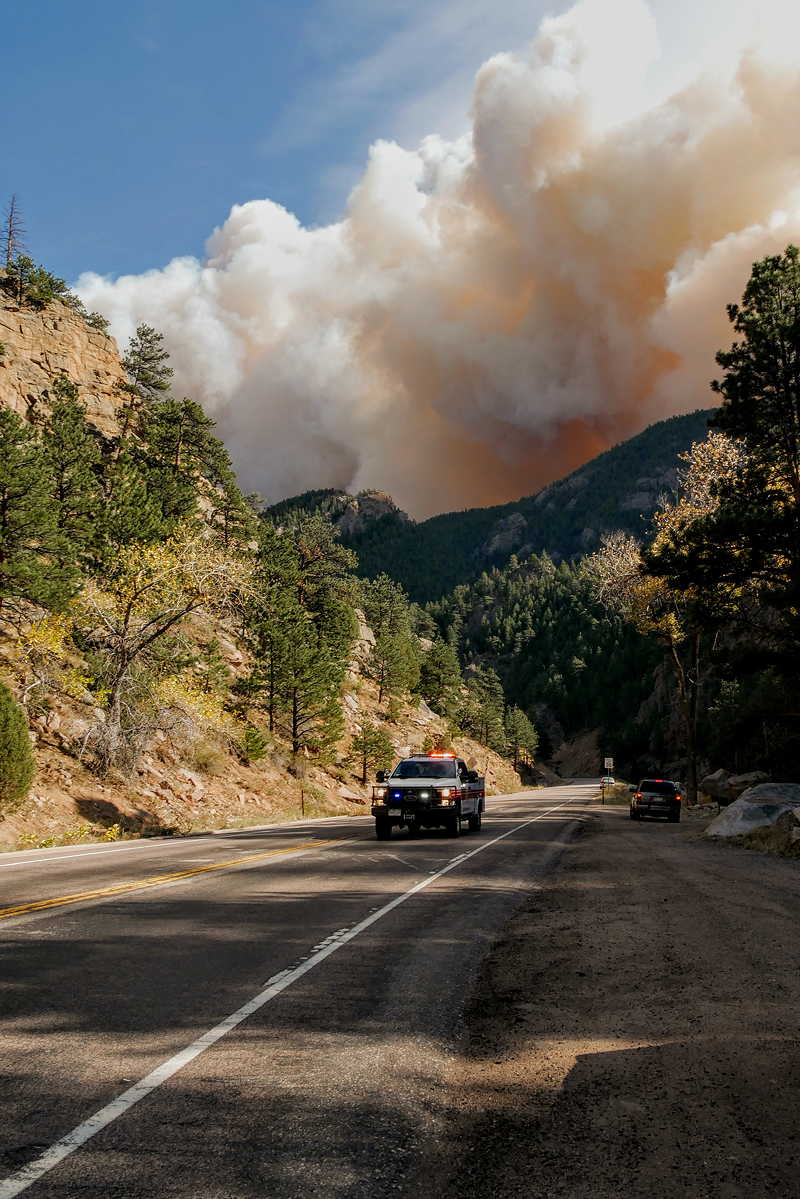
© Malachi Brooks via Unsplash
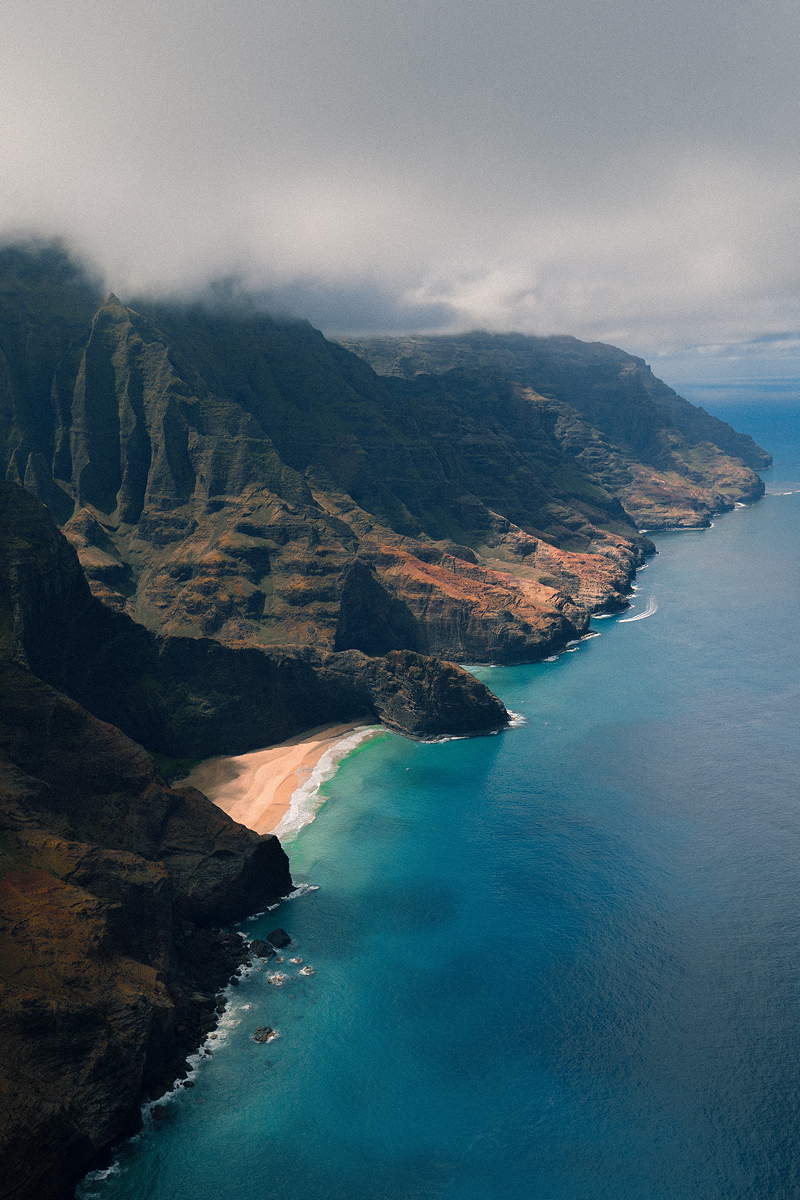
Hawaii © JaKob Owens via Unsplash
UNDERSTANDING THE NATURAL DISASTER
First, we should conduct thorough research. Hearing news about a natural disaster in a country or region can cause us to panic or worry about our safety. However, many natural disasters have a localised impact, leaving other areas intact. For instance, National Geographic notes that the fires in Australia in 2019 resulted in a 60% decrease in accommodation bookings in areas that were unaffected by the wildfires. Similarly, bookings in Istanbul fell by over 30% in 2023, even though the city is located more than 500 miles from the epicentre of the disaster.
Shying away completely from an affected destination might be detrimental. Many of these destinations are dependent on tourism. According to the local tourism department in Maui, the lack of tourism led to a daily loss of $2.7 million. Economy Middle East reports that tourism is vital for the Moroccan economy and the earthquake might lead to a loss equivalent to 8% of the GDP due to lack of tourism. Therefore, having the correct mindset, timing, and understanding of the situation can make a difference in us as tourists being a part of the solution.
LET THE PROFESSIONALS DO THEIR JOB
The Federal Emergency Management Agency (FEMA) explains that there are 4 stages of disaster management. First, mitigation and preparedness should be dealt with before the disaster to prevent and control damages. The posterior two stages, response and recovery are once the disaster happens. The response is the part immediately in the aftermath of the natural disaster. Here, the safety and well-being of the people affected is the priority. This means, only qualified emergency responders should be on the scene. Despite wanting to act in good faith, inexperienced volunteers might obstruct an effective response.
Following this, we may be able to start planning our visits during the recovery phase. This involves rebuilding infrastructure and homes, as well as restructuring the local economy. However, there is no clear-cut standard for when it is appropriate to return. Some less affected areas might be prepared to welcome visitors within a couple of months, while other more severely impacted areas may require additional time to recover. Depending on the severity of each situation, it might be advisable to wait until the recovery process has significantly advanced, prioritising essential infrastructures like hospitals over resorts or hotels. Additionally, if we want to volunteer at the appropriate time, we recommend looking for government-recognized programs that will make a meaningful difference, aligning with the specific needs of the community.
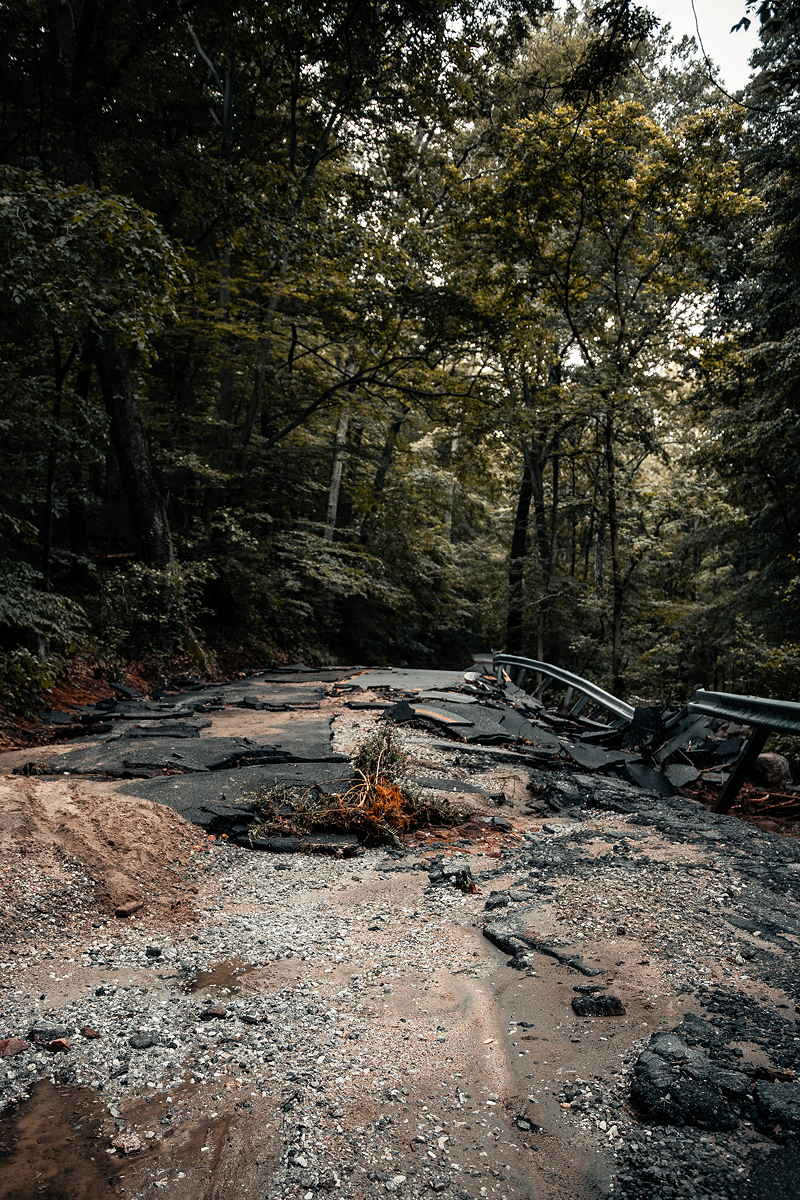
© Colin Lloyd via Unsplash
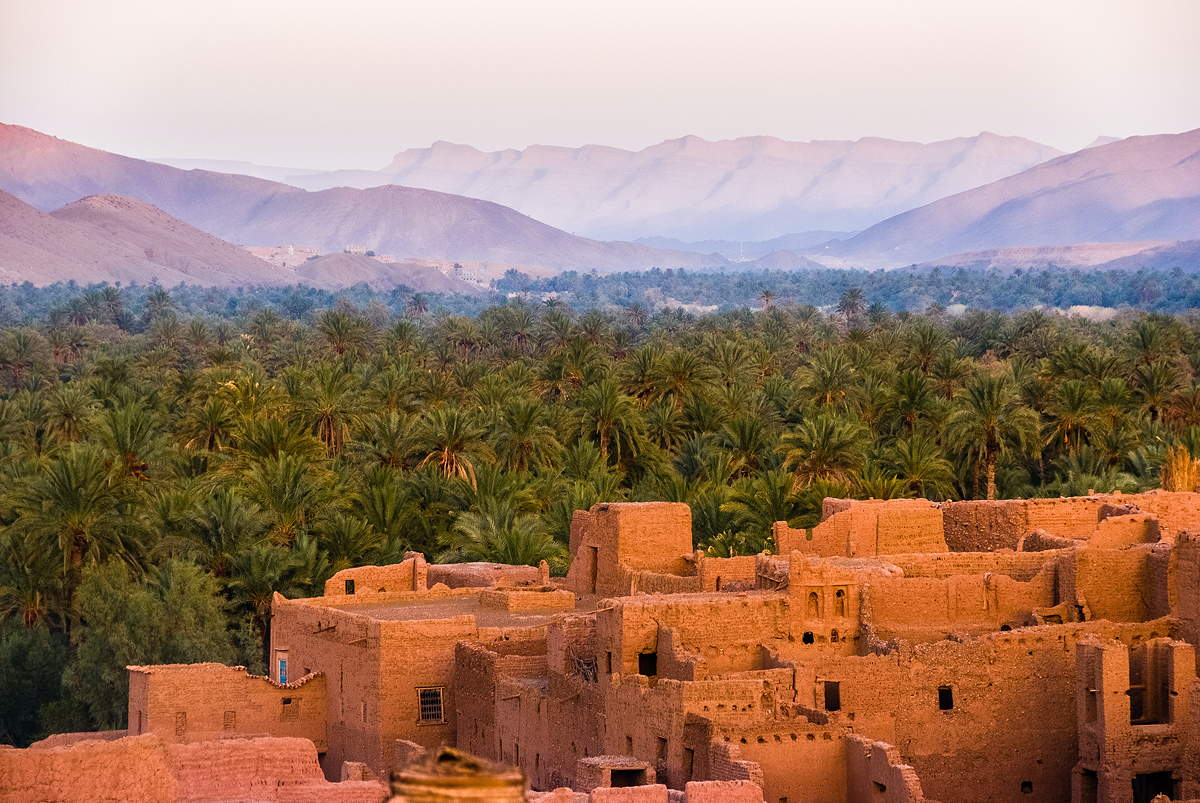
Morocco © Sergey Pesterev via Unsplash
MAKING IT EASIER FOR THE ONCE AFFECTED BY NATURAL DISASTER
Once it is deemed safe by authorities, and communities are ready to welcome visitors, there are steps we can take to be part of the solution. Before booking accommodations, we need to be mindful of the situation on the ground. Although authorities may declare a destination ready, many hotels could still be sheltering residents who lost their homes. For instance, in West Maui, a significant number of the 7,500 displaced residents are temporarily residing in hotels while recovery efforts are underway. As the destination reopens and hotel bookings resume, these residents could be displaced once more.
We can proactively research hotel availability and contact hotels directly to ensure our visit won't contribute to this issue. Additionally, it is advisable to choose hotels that actively support and engage with the local community. Seek out accommodations with ethical practices that prioritize the well-being of the local community and consider options that bolster small and medium-sized local businesses and employment.
BEING SENSITIVE HUMANS
We should remember that people are grieving. Many victims may have lost a home or a loved one. As tourists, we should be humble and compassionate about the topic. In that sense, we should avoid taking pictures of affected areas. Despite our curiosity, we should not stare or build a tourist environment around the affected spots. It is important to be respectful and give residents privacy to process the losses.
In the same way, there is no set time for emotional recovery, and the determined time for opening locations back to tourism might feel rushed. As mentioned by ABC News, residents in Maui drafted a petition with over 5,000 signatures to delay the return of tourism since the community is not ready. Listening to the needs of the community is important to build respectful and sustainable tourism.
IN CONCLUSION…
There are general guidelines that can help determine when a destination is ready to welcome tourists after a natural disaster. We should not let the initial impact of the news discourage us from considering a destination. The local authorities will inform us when it is safe and appropriate for tourists to visit. However, even if the authorities declare the destination ready, the community may not feel the same way. Conducting some research and approaching the situation with empathy can provide a clearer understanding of the recovery process and the community's sentiment towards the return of tourists. While we may be eager to visit a place to help stimulate the economy, it is important to do so when the locals believe it is the right time. This approach can lead to a more positive experience for both visitors and residents, though it may require some patience on our part.
In the meantime, there are other ways we can contribute. Donations through official channels and collaborations with NGOs are a great option to support the affected areas. We can even contact our tourist agencies or hotels and inquire what are the specific needs of the area we intend to visit.
+ Highlight Image:
© Marcus Kauffman via Unsplash
+ Words:
Francesco Witt
Luxiders Magazine




